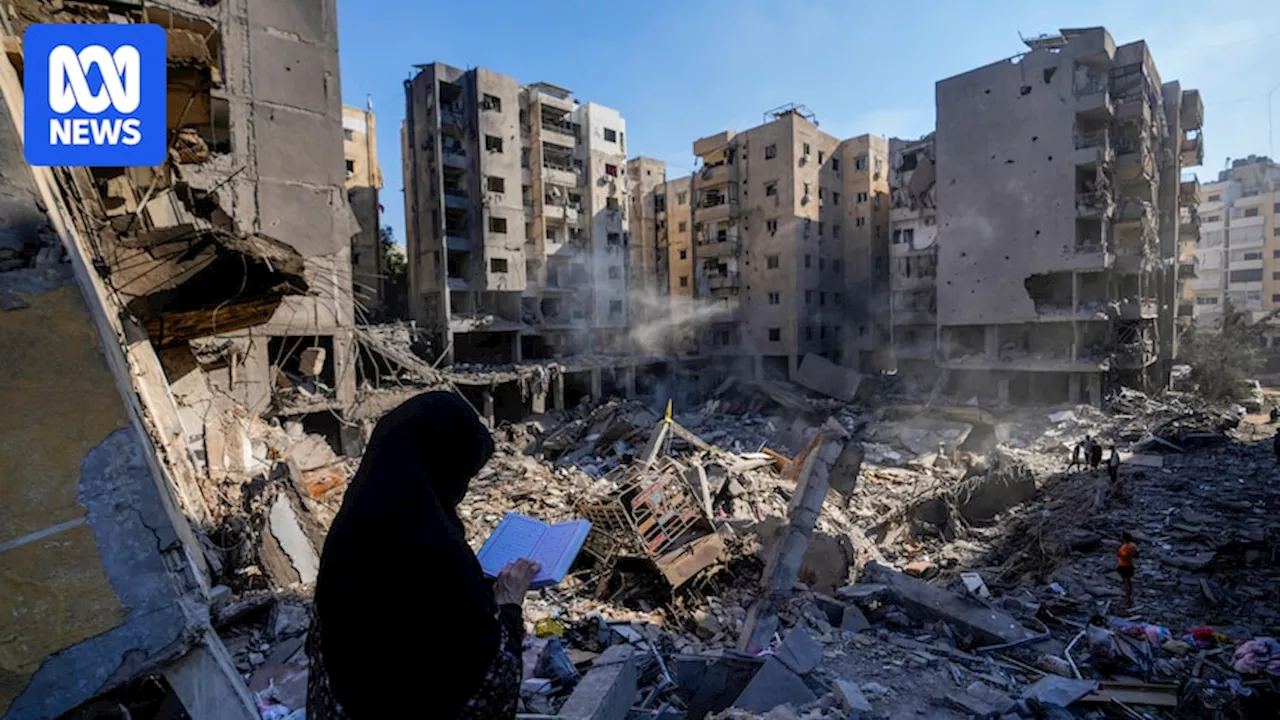As more details emerge about the Israeli attack that killed Hezbollah's leader in Beirut, analysts say it's likely US-made 2,000 pound 'bunker buster' bombs were used in the strikes carried out in the densely populated neighbourhood.
The IDF has said that more than 80 bombs were dropped over a period of several minutes to kill Hezbollah leader Hassan Nasrallah in Beirut .A US senator has said an American heavy bomb was used in the strikes that killed Hezbollah 's leader.
Other buildings sank into the ground, surrounded by pancaked concrete and twisted metal spanning an area larger than a soccer field. Two IDF officials told the New York Times that more than 80 bombs were dropped over a period of several minutes to kill the 64-year-old leader of the Iran-backed militant group.The Israeli military told residents in parts of Beirut's southern suburbs to evacuate late on Friday.
US officials said they did not know Israel was going to launch an air strike aimed at killing Nasrallah.Hezbollah has been designated as a terrorist group by the US and Australia.What we know about US pause on heavy bomb supply to Israel Although the US announced that it had halted shipments of heavy bombs to Israel, Mr Shoebridge said Israel would likely have a stockpile.The Mark 84, or BLU-117, is the largest in the Mark 80 series of weapons known as "bunker busters".Malcolm Davies, senior analyst in defence capability at the Australian Strategic Policy Institute , said there were different variations of the heavy bombs.
"Despite its the devastation, this was a precisely targeted attack that killed the most senior leader of this long-term terrorist organisation, plus a bunch of his associated most senior leaders," Mr Shoebridge said. Hamas militants killed about 1,200 people during the October 7 terrorist attacks on Israel, and took at least 250 hostages back to Gaza, according to Israeli authorities.Photo shows A man speaks into a microphone with his hand in the air
Conflict Weapons Bombs Hassan Nasrallah Bunker Busters Hezbollah Strikes Airstrikes Beirut
Australia Latest News, Australia Headlines
Similar News:You can also read news stories similar to this one that we have collected from other news sources.
 Israel Hezbollah; Israel strikes Hezbollah’s headquarters in BeirutThree major Israeli TV channels said Hezbollah leader Hassan Nasrallah was the target of strikes, which sent clouds of orange and black smoke billowing in the skies.
Israel Hezbollah; Israel strikes Hezbollah’s headquarters in BeirutThree major Israeli TV channels said Hezbollah leader Hassan Nasrallah was the target of strikes, which sent clouds of orange and black smoke billowing in the skies.
Read more »
 Israel-Hezbollah: Humiliated Hezbollah eyes new tactics in its war with IsraelThe Iranian-backed militant group is under pressure to change its strategy after a series of devastating attacks.
Israel-Hezbollah: Humiliated Hezbollah eyes new tactics in its war with IsraelThe Iranian-backed militant group is under pressure to change its strategy after a series of devastating attacks.
Read more »
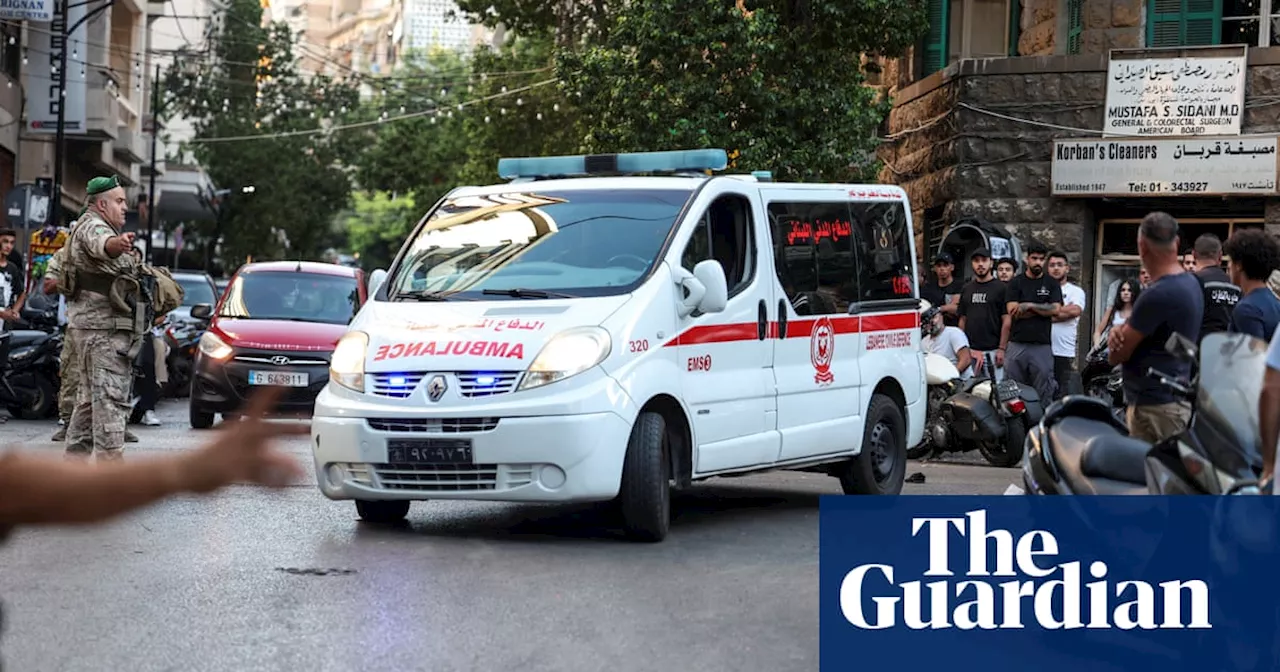 Exploding Pagers In Lebanon: Hezbollah Targeted, Israel-Hezbollah Tensions EscalateThousands of pagers used by the Lebanese group Hezbollah exploded in a series of coordinated blasts, injuring about 3,000 people and killing at least nine. While the cause remains unclear, experts suspect sabotage and point to Israeli involvement due to Mossad's history of targeting Hezbollah leaders. The incident raises concerns about a potential escalation in conflict between Israel and Hezbollah.
Exploding Pagers In Lebanon: Hezbollah Targeted, Israel-Hezbollah Tensions EscalateThousands of pagers used by the Lebanese group Hezbollah exploded in a series of coordinated blasts, injuring about 3,000 people and killing at least nine. While the cause remains unclear, experts suspect sabotage and point to Israeli involvement due to Mossad's history of targeting Hezbollah leaders. The incident raises concerns about a potential escalation in conflict between Israel and Hezbollah.
Read more »
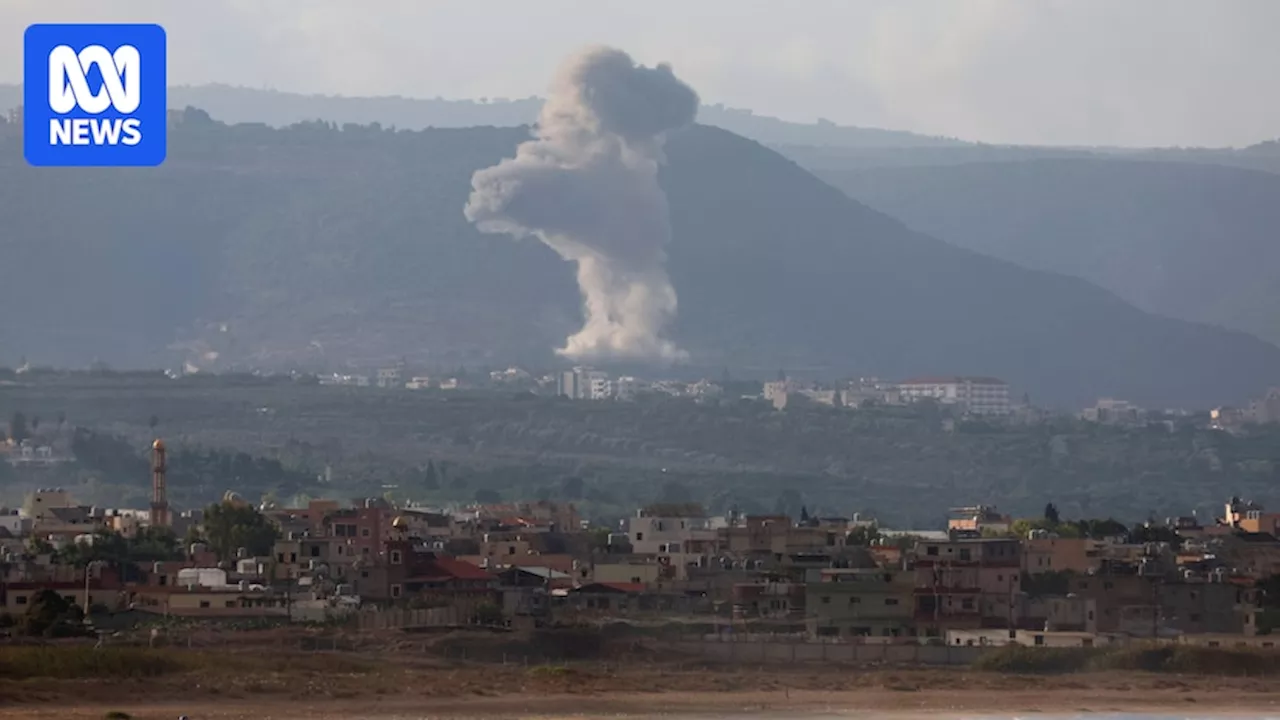 Hezbollah and Israel exchange heavy fire after deadly Israeli strikeIsrael and Hezbollah have exchanged heavy fire, with Israeli warplanes carrying out the most intense bombardment in almost a year of war across Lebanon's south and Hezbollah firing rockets deep into northern Israel.
Hezbollah and Israel exchange heavy fire after deadly Israeli strikeIsrael and Hezbollah have exchanged heavy fire, with Israeli warplanes carrying out the most intense bombardment in almost a year of war across Lebanon's south and Hezbollah firing rockets deep into northern Israel.
Read more »
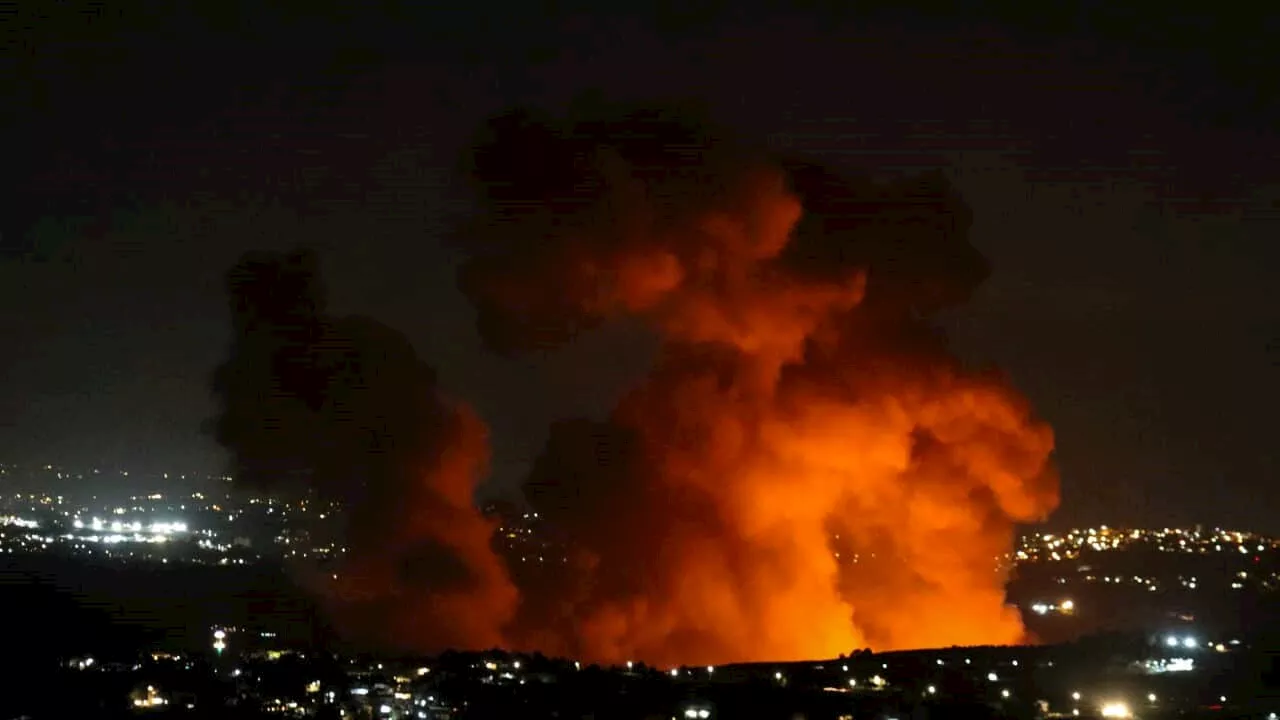 Israeli warplanes bombard Lebanon as Hezbollah fires rockets into IsraelA United Nations official has warned of 'imminent catastrophe' in the region after Hezbollah fired rockets deep into northern Israel, while Israeli warplanes struck Lebanon's south.
Israeli warplanes bombard Lebanon as Hezbollah fires rockets into IsraelA United Nations official has warned of 'imminent catastrophe' in the region after Hezbollah fired rockets deep into northern Israel, while Israeli warplanes struck Lebanon's south.
Read more »
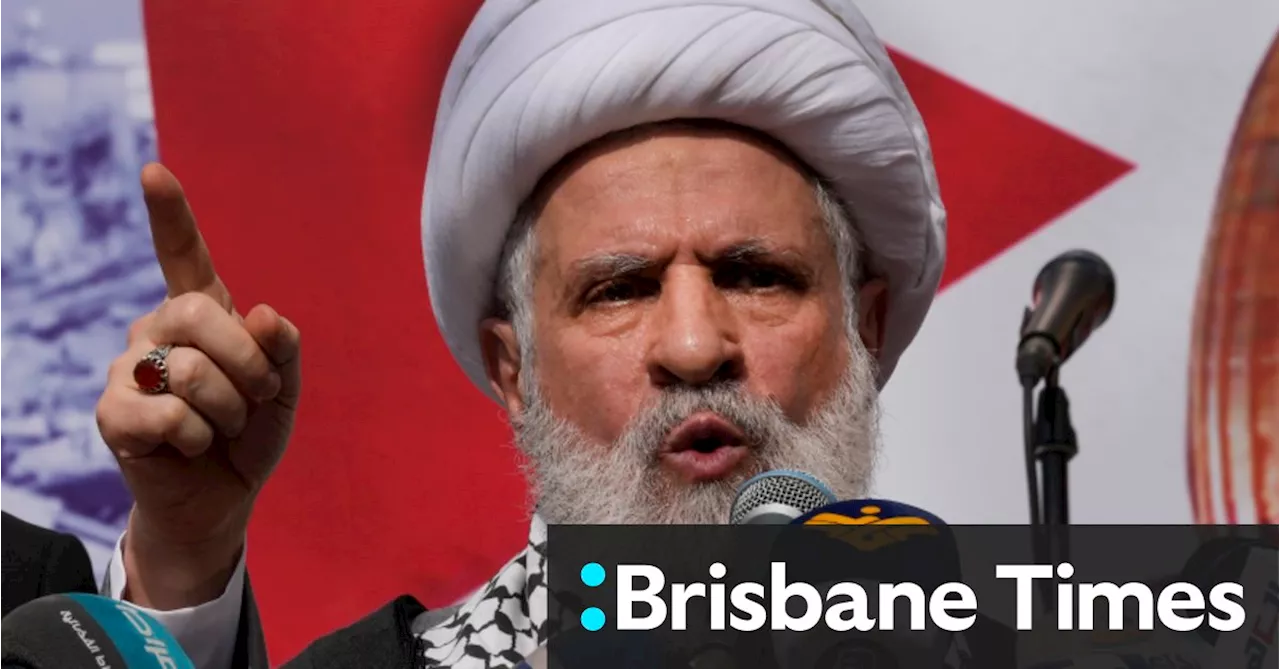 Hezbollah Launches Barrage Of Rockets Into Israel After Israeli Airstrikes Kill Dozens In BeirutFollowing a series of Israeli airstrikes that killed dozens in Beirut, including a veteran Hezbollah leader, the group launched over 100 rockets into northern Israel. Hezbollah's deputy leader vowed an 'open-ended battle of reckoning' with Israel and promised to prolong the misery of those displaced from Lebanon's north.
Hezbollah Launches Barrage Of Rockets Into Israel After Israeli Airstrikes Kill Dozens In BeirutFollowing a series of Israeli airstrikes that killed dozens in Beirut, including a veteran Hezbollah leader, the group launched over 100 rockets into northern Israel. Hezbollah's deputy leader vowed an 'open-ended battle of reckoning' with Israel and promised to prolong the misery of those displaced from Lebanon's north.
Read more »
